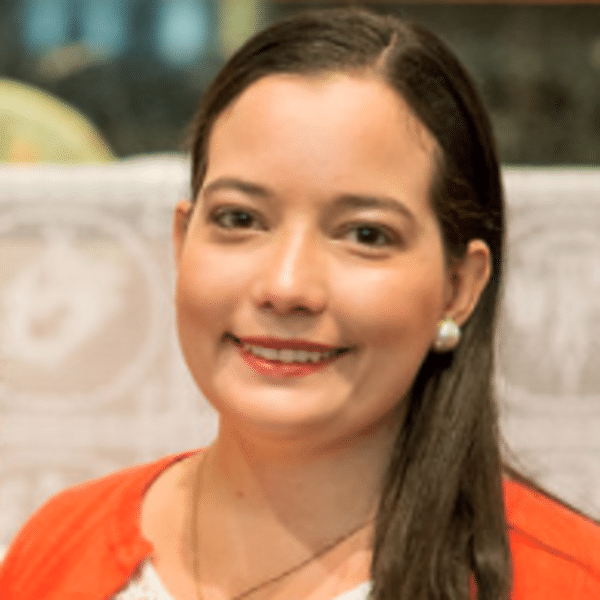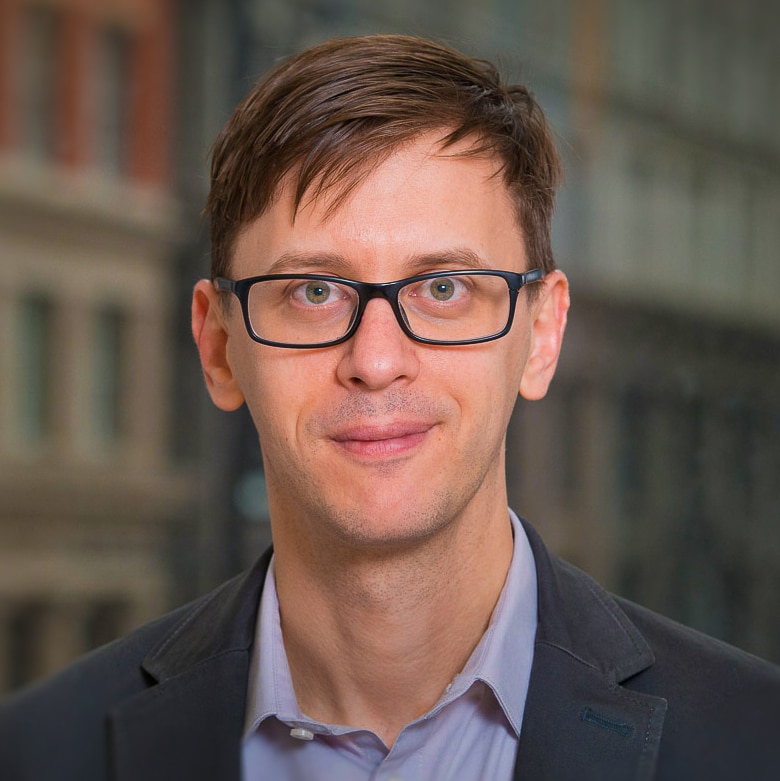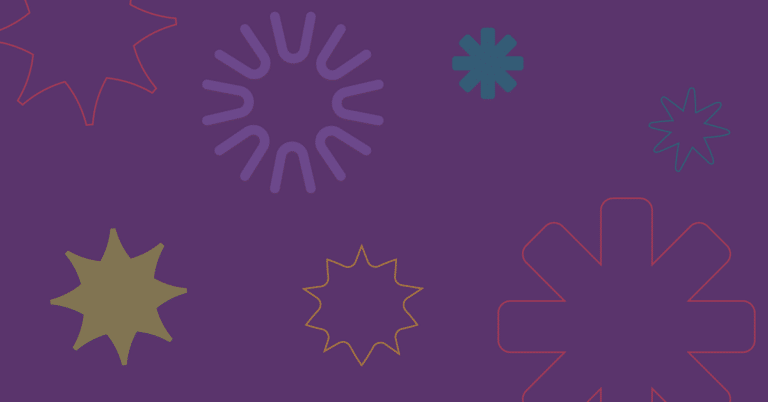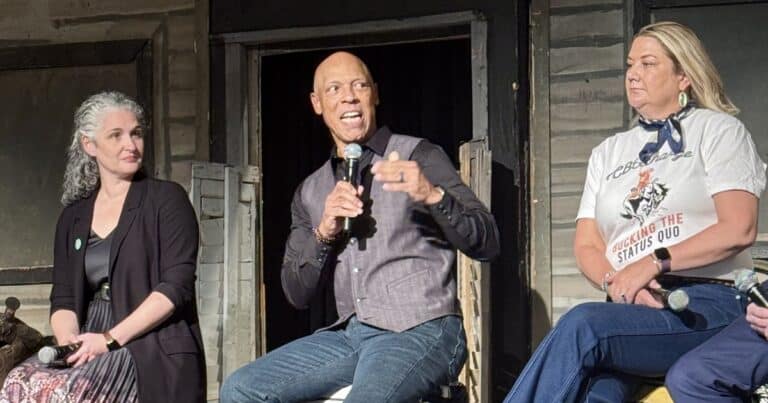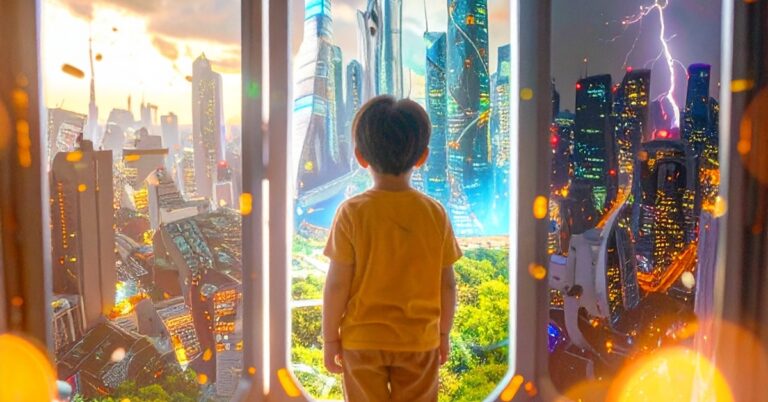What would you expect from a graduation party in 2034? At this last SXSW EDU, we decided to find out.
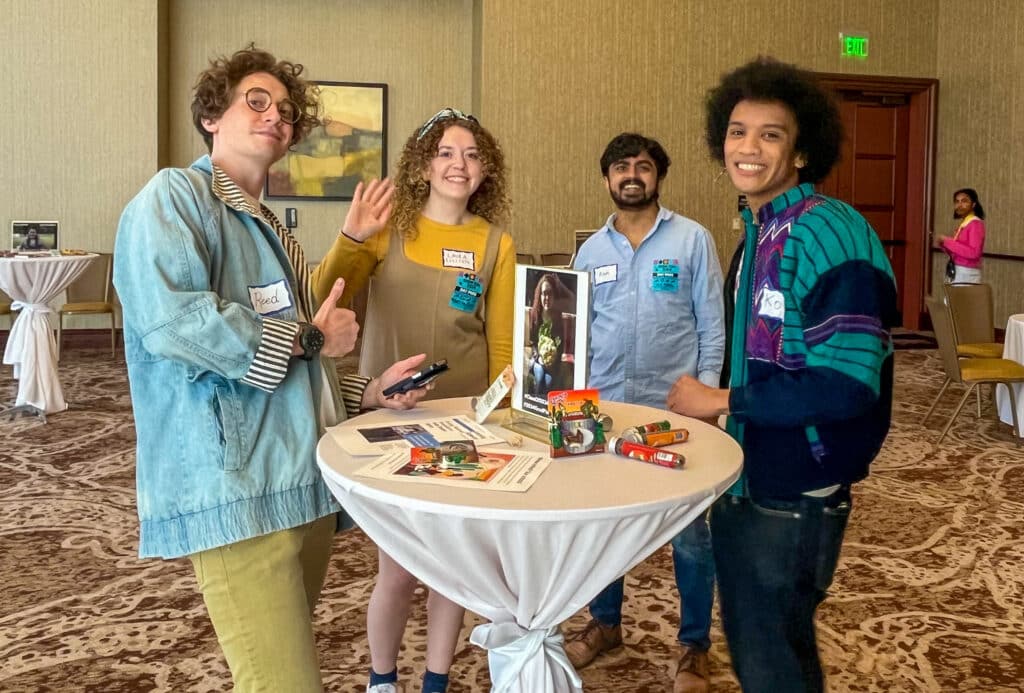
We hosted an informal meetup session, complete with balloons, music and a guest book for attendees to write their well wishes to graduates. Everything you’d expect from a graduation party.
But there were things that signaled this was a possible future, too: in addition to indulging in mushroom chocolates and cricket snacks, attendees were participating in light immersion. Our goal wasn’t novelty, but to engage collectively in an experiential future. What do we imagine would be the same about graduating from high school in 10 years, and what changes would we want to amplify?
With the help of improv actors from Austin, Texas, and a group of folks that showed up curious and ready to party in the future, we aimed to balance the experience between something that felt relatable and familiar, but also different in distinct ways.
“It felt very accurate for folks who already do the work and something new for folks who aren’t familiar and have the opportunity to think outside of their current learning experiences,” said attendee Jazminn Williams, communications associate for FullScale.
A shared experience can shift mindsets.
Engaging in futures thinking can trigger some resistance to change and uncertainty, but that defensiveness falls away when we’re engaged in a shared experience. At KnowledgeWorks, we’re committed to change at the systems-level – which requires that we think differently about how we’re working now to ready learners for the future, and to work toward the future that we want. It requires a clear-eyed sense of what you want to transform towards.
Systems-level change often starts with changing your mindset. And with experiential futures, we’re leveraging reason and facts, and we’re appealing to emotions. It’s not just something someone is telling you, or something you’re reading about. You see it and feel it, and that’s powerful.
For the graduation party, we built on a scenario we’d developed that made two big assumptions about the future: personalized learning is something every learner experiences, and assessment systems have been transformed to be closer to those directly involved in teaching and learning. We explored the scenario with students, caregivers and educators as well as district, state and national leaders, and the insights surfaced during those conversations contributed to recommendations for how we might rethink assessment to be more learner-centered.
Experiential futures allow for a multitude of perspectives.
The graduation party, as an example of an experiential future, also allowed us to bring in a multitude of perspectives. Everyone experiences change differently, but because we each took on a role to engage with attendees, we were able to engage deeply not only with our own perspective on the future but consider the questions and experiences others were bringing into that space, as well. Everyone was living in this future. We could experience emerging issues together and consider things like power dynamics from many different angles.
One of our actors, for example, was playing a graduate, and explained that he got questions about his school schedule multiple times. We expected that because it’s something we think about a lot with personalized, competency-based learning. But there were questions we didn’t expect, too – and that experience broadened our perspective on what we need to bring into future research, what questions we could consider, whose ideas we might be missing or not anticipating.
What were the questions we were being asked and what does that reveal about individual intentions and desires for the future? It wasn’t like doing an interview with someone – in this kind of setting, you’re able to make yourself vulnerable in a way that a normal professional setting doesn’t quite allow for.
Embodying the future is, not surprisingly, different from reading about it.
In the party guest book, so many messages for the graduates of 2034 leaned toward the positive and the hopeful side of things, such as, “Leave places better than you found them.” This speaks to a timeless human need to feel hopeful about the challenges in these futures.
While we continue to research and write about the future, it’s important to think about a variety of different ways to communicate what we’re learning. While there’s continued value in our formal forecasts, in research papers and scenarios, there’s something to be said for embodying the future – and having fun.
Nevada Teacher of the Year Laura Jeanne Penrod experienced what personalized, competency-based learning can be for students at the graduation party. “It’s inspiring to think that this work can lead to generational change in education,” she said, “that it can help school become a more meaningful and impactful experience for all people in the system.”
